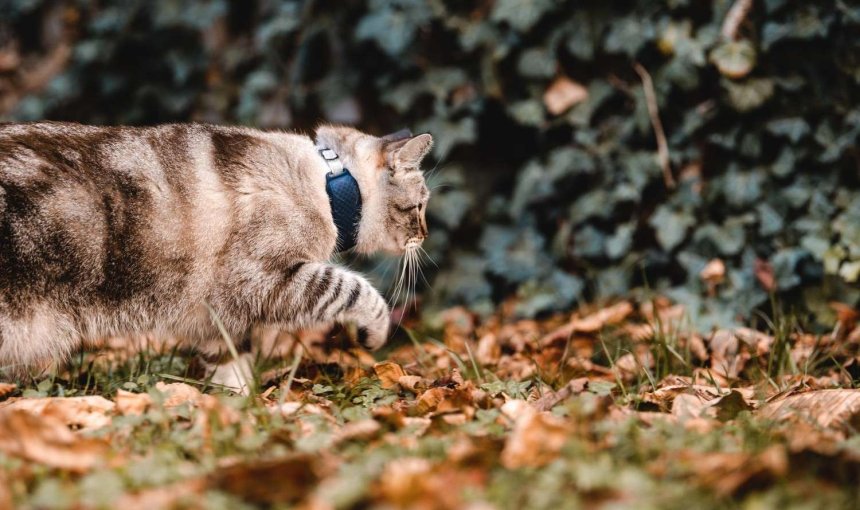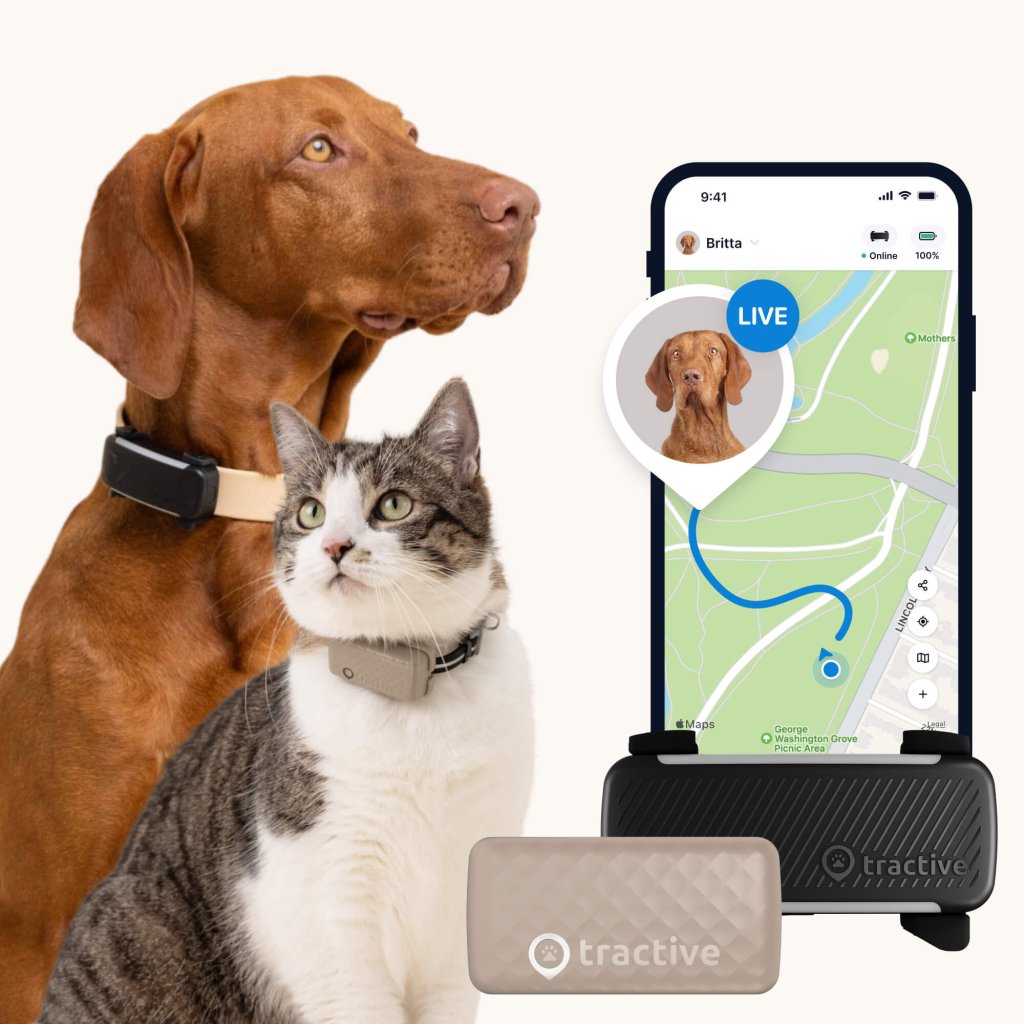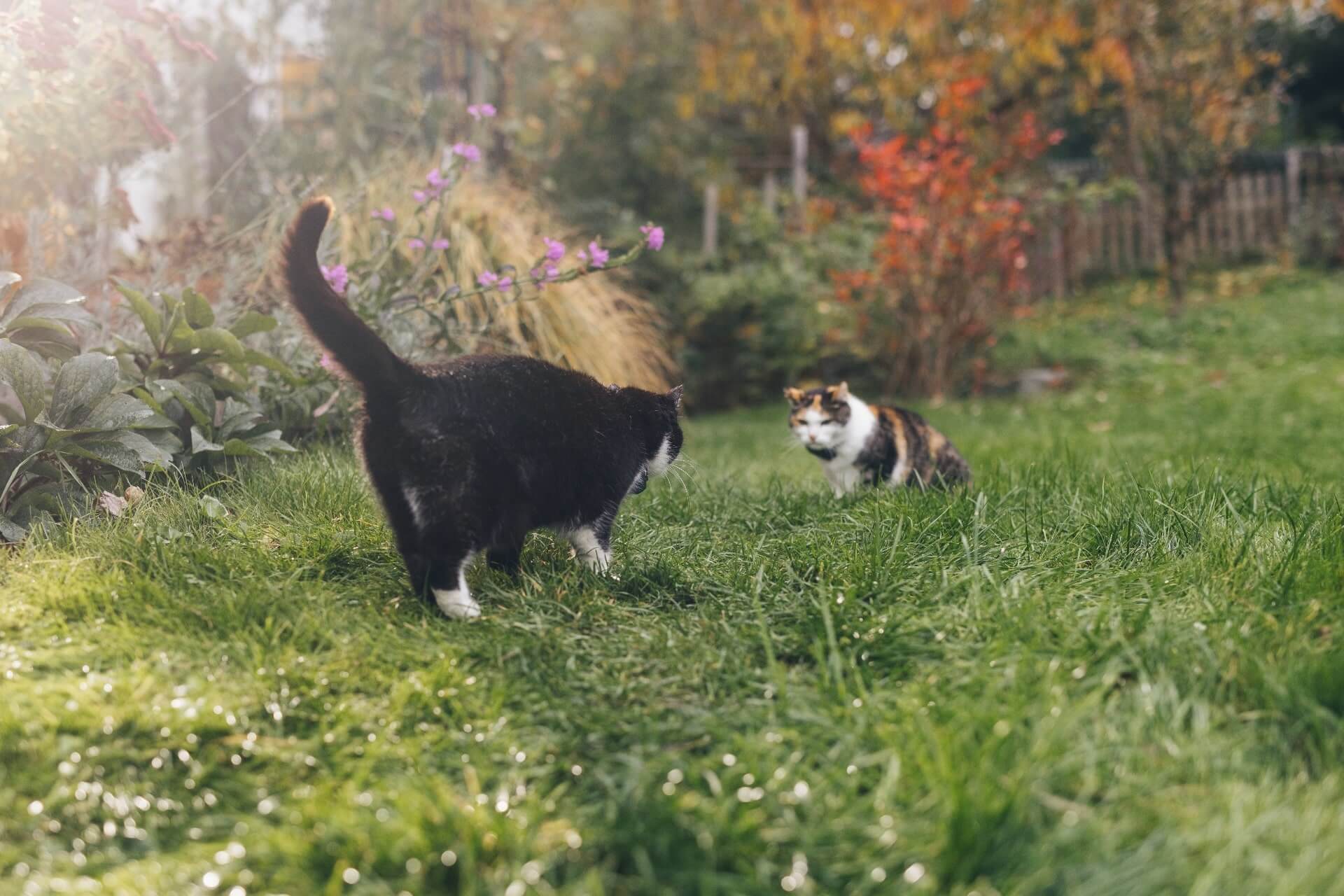Pet Insurance For Outdoor Dogs And Cats: Be Prepared For The Unexpected
Outdoor hazards can injure your pet and come with big vet fees. Discover how pet insurance for outdoor dogs and cats can help you get peace of mind.

Life for an outdoor cat or dog is full of adventure, but this lifestyle comes with a greater risk of illness and accidents. Learn how pet insurance can help cover the cost of treatment for outdoor-related medical issues so you don’t have to drain your savings.

Find out where your cat spends their time.
Read moreImportance of pet insurance for outdoor pets
Your pet’s health and happiness are important to you. So if your dog or cat loves being outdoors, you let them enjoy the fresh air and sunshine every day.
While being outside is physically and mentally stimulating for your pet, it also exposes your dog or cat to hazards including altercations with wildlife, parasites, or trauma.
Outdoor pets are more likely than indoor pets to need veterinary treatment as a result of their escapades. And more vet visits mean more cost – unless you have pet health insurance. Your pet insurance policy may help pay for treatment of injuries or illnesses that befall your pet outdoors.

Keep your pets healthy & safe
Get real-time location information, wherever they go. See how much – or how little – activity they’re getting. And get Health Alerts if something might be wrong.
Why should I take out pet insurance for my outdoor dog or cat?
No one wants to think of their pet getting injured or sick, but it does happen. It’s a fact that outdoor cats and outdoor dogs are more likely to get into situations requiring medical care, in part because they are not always supervised.
With pet health insurance, your pet can get the emergency care they need and you’ll be reimbursed for covered veterinary services. Check out our full guide on how pet insurance works.
Most pet insurance companies offer a variety of plans so you can choose the cover that fits your needs and your budget. Here are some tips on what to look for when buying pet insurance:
Accidental injuries and trauma
One of the biggest threats to outdoor dogs and cats is moving vehicles. Studies show that nearly three-quarters of road accidents involving cats are fatal for the cat. Even if a pet survives being hit by a car, they are likely to sustain serious injuries such as broken bones or internal bleeding, which can require expensive emergency surgery.
Exposure to environmental hazards
A roaming pet may ingest poisons such as antifreeze, which can be fatal, or bait intended for mice, rats, or insect pests. If your cat stays outside overnight in winter, they could suffer from hypothermia or frostbite. And in summer, heat stroke in dogs and cats can be serious issues. Veterinary treatment is needed immediately in these situations.

Wildlife encounters and bites
Your outdoor pet could encounter a stray dog or cat and end up in a fight. Any bite wounds need to be treated right away to avoid infection. Wild animals like coyotes, raccoons, or foxes can pose a threat to your outdoor pet, even in urban areas.
Parasite infestations (ticks, fleas, etc.)
Any outdoor pet is going to encounter pesky parasites. Some, such as ticks, fleas, and ear mites in cats are external parasites living on the surface of the skin. Not only are these troublesome for your pets, they can hitch a ride on your dog or cat and come right into your home.
Worse than external parasites are internal parasites like heartworm, Giardia, Coccidia, roundworms, hookworms, or tapeworms. These parasites cause vomiting, diarrhea, and other symptoms including death if left untreated. Hookworms and roundworms can be transmitted to people through eggs in dog or cat feces or from larvae in contaminated soil.
Preventative treatments can protect your outdoor pets from getting parasites in the first place, but your pet insurance cover may help pay for the cost of treatment if your pet becomes infected.
Potential for theft or loss
Do you have a dog that’s considered valuable? Dognapping, or kidnapping a dog, is on the rise. Several pedigreed dog breeds are common targets, including French Bulldogs, Pomeranians, and Boston Terriers. Many stolen dogs are never returned to their owners.
Similarly, a dog or cat roaming the neighborhood is at risk of becoming lost and never returning home. If your dog frequently jumps the fence or your cat is outside all night, there’s a chance they may never return.
The right pet insurance policy can help protect you financially against all of the risks above.
Factors to consider when choosing pet Insurance for outdoor pets
Not all pet insurance policies are the same. When choosing pet insurance for your four-legged friend, look for features that meet your pet’s health needs and your budget. Read the policy including the fine print. Make certain you know exactly what’s covered and what’s not.
The main types of pet insurance are accident-only pet insurance, illness-only pet insurance, or a bundle of these two policies. You can also purchase multi-pet insurance, and even get a multi-pet discount from some insurance providers.
Check into third-party liability cover, in case your pet injures another pet or person or destroys property.
- Lifetime pet insurance policies may be a good option. Lifetime cover policies make sense if you purchase puppy insurance when your dog is young.
- Time-limited cover provides benefits for a set period of time.
- Maximum benefit cover limits the amount of money paid out for a certain medical condition.
Before making a purchase, compare pet insurance quotes from several insurance providers. There are many insurance providers to choose from – even your local Tesco Bank offers pet insurance. Read the Frequently Asked Questions section of each pet insurance provider website to get details on their policies.
Coverage limitations and exclusions
Pet insurance policies can include limits on what is covered, such as an age limit. For example, older pets may not be covered, due to their age and the high likelihood that they will need care. Most pet insurance policies do not cover pre-existing conditions. Purebred dog breeds that are predisposed to certain medical conditions may cost more to insure.
Outdoor-specific benefits and add-ons
If your dog is a working dog or lives outdoors most of the time, inquire about add-ons that may provide additional cover for your pup’s lifestyle. Farm dogs, for example, may be injured by farm equipment, gash their leg on a fence, or end up on the wrong end of a porcupine’s quills.
Reimbursement levels for outdoor-related treatments
Pet insurance can cover accidents, illness, or both and can be used at almost any vet’s office. You pay a monthly fee to the insurance provider, pay the vet bills up front, then submit an itemized receipt to the pet insurance provider for reimbursement. Once you meet your deductible, your pet insurance may reimburse you 100% of covered veterinary fees.
Keep in mind that if you are not completely happy with the pet health insurance you select, you can always switch pet insurance next year. Start over by comparing insurance costs from different pet insurance providers and review details of each policy. This way you can get the dog insurance or cat insurance cover that fits best with your budget.
Tips for maximizing outdoor pet insurance
It’s a relief to know that your pet insurance policy can offset of the high cost of treatment for your furry friend’s accidents or illnesses. But it doesn’t mean that you can shirk responsibility for routine care to keep your outdoor-loving pet healthy.
Regular vet check-ups and preventive care
If you want a healthy pet, especially if you have outdoor dogs or outdoor cats, they need to be seen by a veterinarian at least once a year. Your vet will assess your pet’s overall condition and make recommendations to improve their health. Plus, regular vet visits ensure that any chronic conditions are managed properly.
Maintaining updated vaccinations and parasite prevention
Be a good pet owner and keep your dog or cat up to date on all shots. If your vet recommends flea, tick, or heartworm preventatives, follow through with the treatment.
Safe outdoor practices and risk mitigation
As a pet owner, it’s your job to keep your pet safe from hazards, especially if they spend a lot of time outdoors. Keep dangerous items such as poisons or pesticides out of reach. Build a catio to let your kitty enjoy the outdoors while staying safe. One easy way to protect your outdoor pet is to let them sleep indoors at night, away from nocturnal wildlife. If you aren’t inclined to let your dog or cat into your home, create a cozy spot in a garage or shed, where they can be safe and out of the weather.
Enjoy peace of mind for your outdoor dog or cat with pet insurance
Your outdoor dog or cat is always up for adventure. Be ready for the likelihood of accidents or injuries by taking out pet insurance cover. You’ll rest easy know that you can afford expensive veterinary treatments and keep your pet healthy when they get into trouble.



